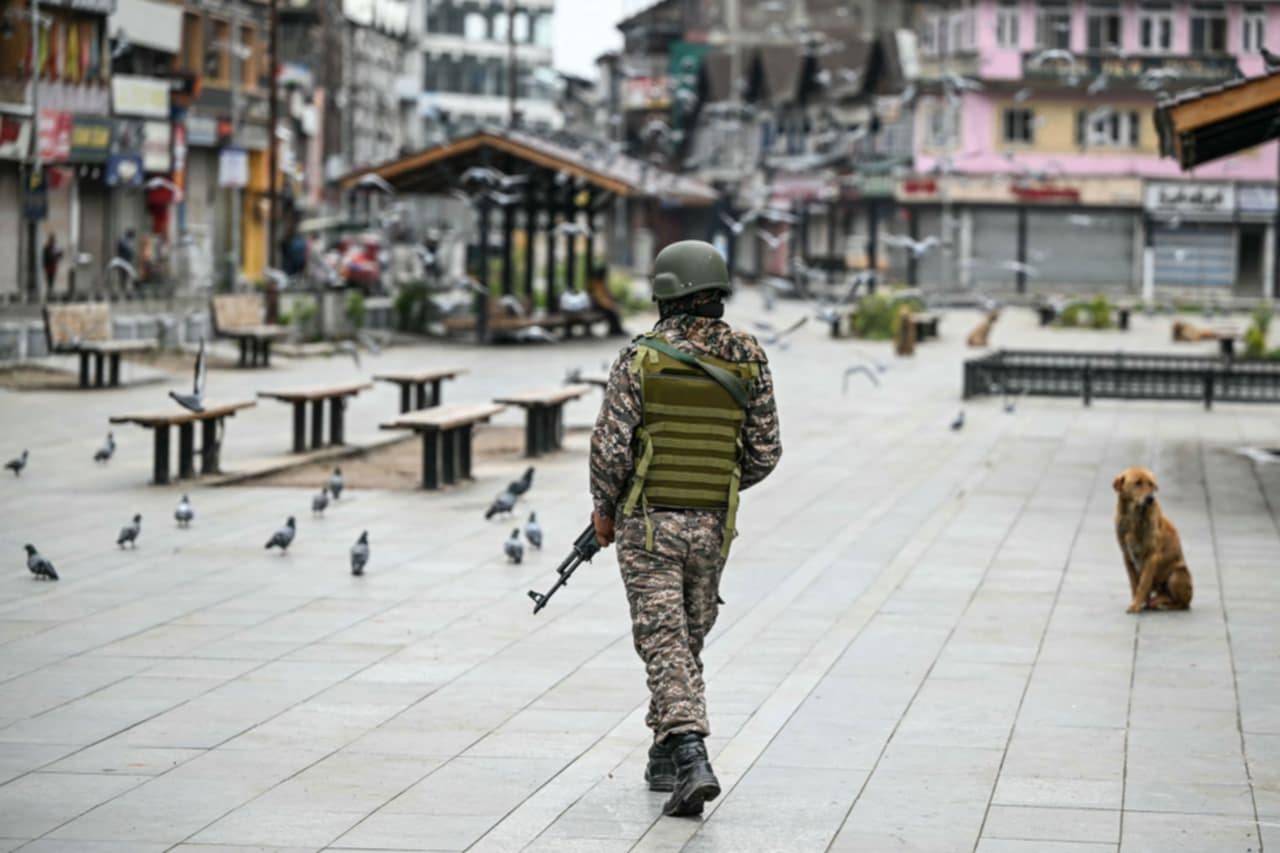News Flash
News Flash

ISLAMABAD, May 10, 2025 (BSS/AFP) - Pakistan and India agreed Saturday to
a full and immediate ceasefire after days of deadly jet fighter, missile, drone
and artillery attacks -- news surprisingly announced by US President Donald
Trump, who congratulated them on using "common sense".
Officials from Islamabad and New Delhi confirmed the development minutes
after Trump posted the announcement on his Truth Social network, as the
conflict between the nuclear-armed neighbours appeared to be spiralling towards
a full-blown war.
"After a long night of talks mediated by the United States, I am pleased to
announce that India and Pakistan have agreed to a FULL AND IMMEDIATE CEASEFIRE.
Congratulations to both Countries on using Common Sense and Great
Intelligence," Trump posted.
Indian foreign secretary Vikram Misri said both sides would "stop all
firing and military action on land, air and sea" with effect from 5:00 pm (1130
GMT).
In a statement on X, Pakistan Foreign Minister Ishaq Dar said: "Pakistan
and India have agreed to a ceasefire with immediate effect."
"Pakistan has always strived for peace and security in the region, without
compromising on its sovereignty and territorial integrity," he added.
Hours later, however, an Indian government source said Pakistan had broken
the agreement, and AFP staff in Srinagar in Indian-administered Kashmir
reported hearing a series of loud explosions.
Separately, Jammu and Kashmir chief minister Omar Abdullah posted on X:
"What the hell just happened to the ceasefire? Explosions heard across
Srinagar!!!"
Further details were not immediately available.
- Attacks and counter-attacks -
The ceasefire comes after four days of attacks and counter-attacks by both
sides that killed at least 60 people and saw thousands of civilians flee their
homes along their border as well as in divided Kashmir.
The fighting was touched off by an attack last month in the
Indian-administered side of Kashmir that killed 26 tourists, mostly Hindu men,
which Delhi blamed on Islamabad.
India accused the Pakistan-based Lashkar-e-Taiba -- a UN-designated
terrorist organisation -- of carrying out the attack, but Islamabad has denied
any involvement and called for an independent probe.
Militants have stepped up operations in Kashmir since 2019, when Indian
Prime Minister Narendra Modi's Hindu nationalist government revoked its limited
autonomy and took the state under direct rule from New Delhi.
The countries have fought several wars over the territory, which both claim
in full but administer separate portions of since gaining independence from
British rule in 1947.
- Positive step -
"The ceasefire is a positive step," said Bilal Shabbir, an IT consultant in
Muzaffarabad, in Pakistan-administered Kashmir.
"In war, it's not just soldiers who die, it's mostly civilians -- and in
this case, it would have been the people of Kashmir."
In Srinagar, resident Sukesh Khajuria was more cautious.
"The ceasefire is welcome, but it's difficult to trust Pakistan. We have to
be vigilant," he said.
Both sides will pay a high price economically for the conflict.
Pakistani military sources claimed its forces had shot down at least 77
Israeli-made high-tech drones -- debris from some of them was seen by AFP
reporters -- while Indian officials said they had destroyed hundreds of
Pakistani drones, many Turkish-made.
Pakistan also says it downed five Indian warplanes -- including three
French Rafale fighter jets -- although New Delhi has not confirmed any losses.
Independent verification of claims by either side has been difficult.
US Secretary of State Marco Rubio said the ceasefire came after he and
Vice-President JD Vance engaged with senior officials on both sides.
"I am pleased to announce the Governments of India and Pakistan have agreed
to an immediate ceasefire and to start talks on a broad set of issues at a
neutral site," he said on X.
Vance posted on the same platform: "My gratitude to the leaders of India
and Pakistan for their hard work and willingness to engage in this ceasefire."
News of the ceasefire was welcomed in Britain, the Indian subcontinent's
former colonial master and home to a huge diaspora from both countries.
"Today's ceasefire between India and Pakistan is hugely welcome," Foreign
Secretary David Lammy wrote on X.
"I urge both parties to sustain this. De-escalation is in everybody's
interest."
UN Secretary-General Antonio Guterres also welcomed the ceasefire, calling
it a "positive step" that should lead to peace, his spokesman Stephane Dujarric
said in a statement.
Iranian foreign ministry spokesman Esmaeil Baqaei called on both countries
"to use this opportunity to ensure a reduction in tensions and lasting peace in
the region".